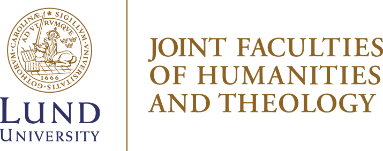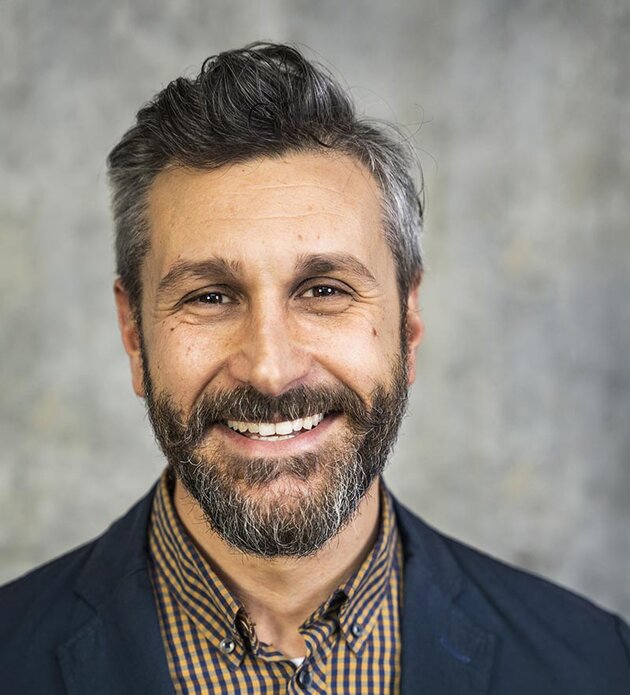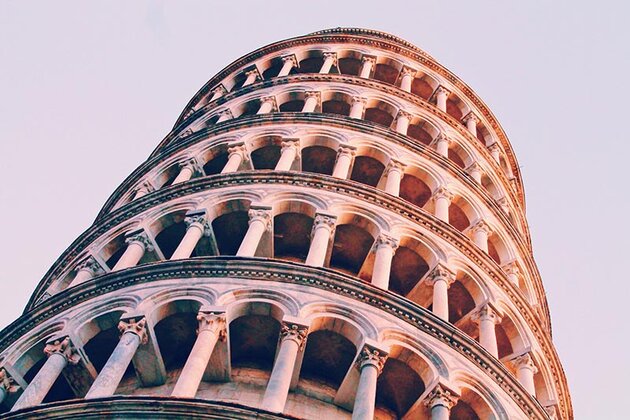Nicolò dell’Unto
Joint Faculties of Humanities and Theology
Nicolò is surprised at how easy it is to set up a new Erasmus+ teaching staff mobility agreement with another university. During his stays abroad, Nicolò has met many doctoral students, who he suggests could become future postdoc visitors to Lund.
Hello Nicolò, which one is your department and what is your area of research and expertise?
I work at the Department of Archaeology and Ancient History, my research focuses on Digital archaeolgy.
You have taught abroad on various occasions. You have travelled to Italy and Belgium – to Pisa, Rome, and Ghent – with Erasmus+ teacher mobility funding. Please tell us more!
I used the Erasmus program extensively! Through the program, I met a lot of students, teachers and researchers working in different universities. It was an excellent opportunity to learn and experience different learning environments, network and, of course, explore new places! Each Erasmus experience is unique. During my lectures, I enjoy discussing the different topics covered in class with the students. During the program, I had the great opportunity to spend much time with my colleagues and build future collaborations.
How did these collaborations start out?
Erasmus collaborations can start in many different ways. Sometimes they start after meeting an old colleague, and sometimes they happen by chance. I have experienced a bit of both. For example, in 2016, I attended a conference in the US and had the opportunity to follow a very interesting talk by a researcher working at the University of Ghent. By pure coincidence, we sat at the same table during the social dinner and started discussing the session presentations. It turned out that he was running a similar teaching programme to the one we have at our department in Lund. By the end of the dinner we were planning an Erasmus teaching exchange.
Was it challenging to apply for, receive, and report the Erasmus+ funding for these mobility periods?
It was very easy. I was impressed by how quickly an Erasmus teaching collaboration can be set up.
What specific courses and modules have you been teaching? What about the groups of students and the interaction with them?
All my courses have focused on digital archaeology; specifically, I teach courses on 3D spatial analysis, GIS, virtual reality in archaeology, and advanced scientific visualization. I usually have groups of around 20–30 students of different levels and backgrounds. I like to start my lectures with a round of presentations. My teaching programme always includes one or two discussion sessions in which I discuss the content of my lectures with the students.
Do you usually teach together with colleagues abroad?
No, I usually go alone, but it would be a great thing to try!
Have you received visits from colleagues who have also come to Lund to teach? The exchange of teachers is something that the Erasmus+ program would like to promote, even if it can be difficult to achieve.
Yes, I have! Almost all of my collaborations turned into a teaching exchange. It was a great opportunity for our students and for my colleagues at the department.
Looking back at your recent mobility periods abroad, are there any specific differences or similarities to the teaching you pursue at Lund University?
Small differences, but still important. Each university has its own way of interacting with students, its own programmes and of course teaching strategies. I feel that I have learnt a lot from getting to know so many different environments.
You seem to be really active when you are abroad, managing to combine teaching with research collaborations, networking, project planning, and so on. Please tell us more!
Well, I do my best to maximise the experience. I like to explore the departments I visit. The Erasmus programme allows you to meet many researchers working on many different and interesting projects. Meeting colleagues in their daily working environment is a plus.
What do you think that you have gained from these mobility periods, both in terms of your own research, pedagogically, but also personally?
I have learnt a lot. The Erasmus programme gave me the opportunity to see how other colleagues organise their teaching, but also how similar departments plan their activities. I have gained new perspectives and made many new friends.
What have been the best part of your mobility periods, to date?
I really enjoyed visiting different departments of archaeology and meeting new colleagues, but I also loved the opportunity to explore new countries and taste lots of good food!
What about the challenges?
Not many, but I would recommend arranging a meeting with your contact before you arrive. Getting a good background on the course and the students is essential.
You are also a supervisor and you have contact with PhD students abroad. What can that lead to?
This is an important aspect! During my Erasmus exchange I met many talented PhD students who could be potential future postdocs.
Are you planning any new mobility periods ahead?
Yes! More than one actually, but I will have to wait until next autumn.



